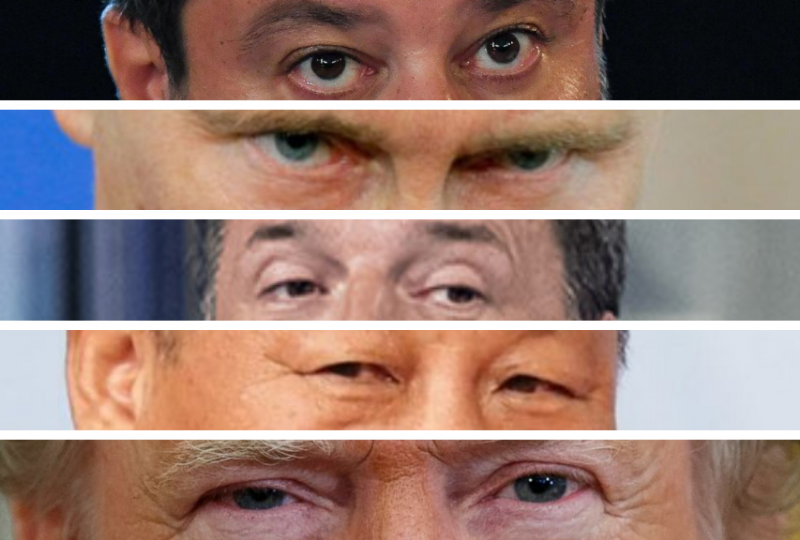I read it in your eyes
21 July 2020 | Written by La redazione
How political stimuli influence the decision to lie to others

A new Italian study, coordinated by a research team from the Department of Psychology of Wisdom, has observed the influence that faces and words of politics can have on the moral behavior of “undecided” voters. The results of the work, published in the journal Scientific Reports, were obtained through the analysis of the oculomotor behavior of a sample of people without a precise ideological conviction
The eyes don’t lie because they are the mirror of the soul. From eye movement it is possible to understand if a person will lie or tell the truth and also obtain useful information on the reasons and modalities of one or the other behavior and its consequences. This is what the research team of the Department of Psychology of Wisdom demonstrated in a new work published in the journal Scientific Reports.
The general objective of the study was to investigate whether the presentation of political stimuli of different nature (faces of politicians vs. ideological words) and associated with different ideologies (left vs. right) could influence the tendency of politically undecided people to lie . Furthermore, through the recording of the eye movements of the participants, it was possible to have an attentional index capable of predicting the decision-making process that leads to such behavior.
Keywords. Specifically, the results show how some ideological words (eg “sharing”, “tolerance”) can be used more effectively to convey messages that affect the moral behavior of the participants, leading them to lie more for the interest of others and less for the personal one.
These conclusions were reached through an experiment in which the participants were asked to try their hand at a card game against opponents of different socio-economic status. At stake is a monetary reward for which players could decide whether to lie or tell the truth to their opponents about the outcome of the game. “The analysis of the eye movements of the participants – explains Michael Schepisi della Sapienza, first author of the work – also highlighted how ideological stimuli had influenced their decisions during the game by shifting their attention focus: following the exposure of stimuli from the left the participants tended to pay more attention to the information relating to the status of their opponents than to the result of the game, conditioning subsequent behavior and eye contact according to the socio-economic position of the opponents themselves “.
A matter of glances. The researchers saw that the participants modeled their behavior by lying less to low-status opponents, that is, those perceived to be probably more “weak”. Furthermore, after lying, participants tended to look away from high-status opponents and keep it from low-status opponents.
“The results of our study, which is part of the ERC Advanced Grant eHONESTY project, – concludes Salvatore Maria Aglioti – offer new evidence about the way in which an ideological priming can influence moral decision-making and suggest how oculomotor behavior can provide crucial information on how this process takes place ”.





